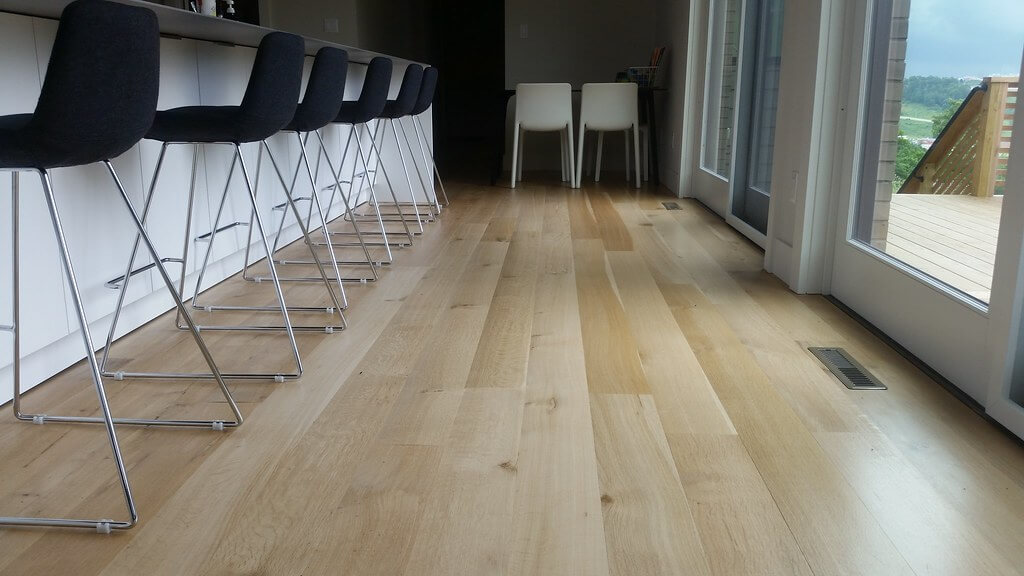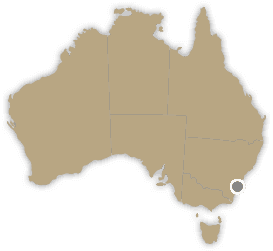For flooring choices, engineered hardwood is gaining popularity due to its mix of aesthetics along with durability, affordability, and aesthetics. One of the questions that is asked frequently, and that is “Is engineered hardwood flooring waterproof?” When homeowners are looking for flooring options that are able to withstand spills humidity, and daily life. Understanding the characteristics of water resistance of engineered wood is essential.
In this post, we’ll take a look at the subject of engineered hardwood flooring and explore its water-resistance properties. And, dispelling myths as well as providing information that will help you make an informed choice for your house.
Understanding Engineered Hardwood Flooring
Engineered flooring made of hardwood, is a type of composite comprised of several layers of real wood. And combining a solid hardwood top layer, with a softwood base construction. In some products this base construction may comprise, a very high-density fibrous (HDF) Board providing stability and support. The layers are joined with adhesives, heat and pressure. In order to form a strong flooring material that is very similar to the traditional solid hardwood.
Is Engineered Hardwood Flooring Waterproof?
It’s not that simple. Engineered hardwood flooring is not waterproof, but “quality” products are “moisture resistant”. Due to up to seven (7) layers of “high solid”, curtain-coated poly-acryl finishes, delivering exceptional performance. Engineered hardwood, with these seven (7) coat finishes, has the ability to be more “water resistant” than the conventionally, site-finished solid hardwood floor. It is essential to know the difference between a “water-resistant” product and a “waterproof.” product.
Quality “Engineered” wood floors we installed into the Star City Casino, delivered outstanding performance for almost 12 years of continuous operation in Fortunes Restaurant, seeing between 3,500 – 4,500 people twice a day, seven days a week, with food and drinks regularly spilled onto the floors.
Water-Resistant In Comparison To Waterproof
The materials that are water-resistant can ward off water to some extent. Which can prevent damage immediately caused by spills or mild dampness. In contrast, water-resistant materials are able to withstand long exposure to water without absorption or structural harm.
The Water-Resistance Of Engineered Hardwood Flooring
Engineered hardwood flooring has different degrees of resistance to water dependent on various factors. Like the kind of finish used, the grade of the materials used to make it, and the installation method. This is what you should be aware of: when making decisions about Engineered Wood Floors
Like all products, there are the good the bad and the ugly. The price of the products that you are considering will be a major reflection of the quality of the products that you are considering. Do your research, and understand what are “quality” brands. As the price is often no reflection of “quality”, at the bottom end of the market.
Surface Finish Matters
The finish on the surface of engineered hardwood plays an essential part in the water resistance capabilities of this wood. Engineered hardwood that is prefinished usually comes with an outer layer of sealing agent, like poly-acryl coatings. It creates a barrier for moisture and spills. The finish on the surface enhances the flooring’s ability to resist everyday accidents like juice, water, or coffee.
Seams And Joints
The places where engineered hardwood planks join – referred to as seams and joints – are particularly susceptible to infiltration by water. If water seeps in between planks it may cause swelling or warping in the planks. The correct installation practices, like the use of moisture-resistant adhesives as well as sealing gaps, can lower the possibility of water-related damages.
Core Material
The primary material in engineered hardwood, HDF or plywood, also affects the resistance to water. The average HDF Board is generally more prone to moisture damage than plywood. Plywood comes with water-resistant characteristics. Due to its cross-laminated design, it helps to prevent the expansion and contraction that is caused by fluctuations in humidity.
Moisture And Humidity Control
Although your hardwood flooring engineered by a professional is resistant to water. It’s important to control the moisture levels in your home. The presence of high levels of humidity or water may eventually impact the structural integrity of your flooring. Utilizing dehumidifiers as well as ensuring adequate air circulation both above and in sub-floor spaces beneath your wood floors. And can ensure the perfect atmosphere for the engineered hardwood.
How To Enhance Water-Resistance
Even though engineered flooring may not be waterproof. There are a few steps you can take to increase its resistance to water:
- By selecting products that are a “Loc-System” with “treated” edges, you can achieve maximum water resistance.
- Select high-quality finishes: Select engineered hardwood that has a high-end finish that provides better water resistance. Aluminium oxide coatings, for instance, are excellent for protecting against wear and spills.
- Make sure you invest in professional installation: Professional installation ensures that the planks are correctly protected. Thus reducing the possibility that water will leak through the gaps.
- Make use of Area Rugs as well as mats: Placing area rugs mats and rugs in areas with high traffic or spill-prone zones can provide additional protection for the engineered hardwood flooring.
- Quickly clean spills: Although engineered hardwood may repel spills for a short period of time, “wisdom” would indicate that it is it’s important to mop up spills immediately to avoid lasting destruction.
Conclusion
In the realm of flooring, engineered hardwood achieves a delicate balance between the beautiful look of hardwood as well as its increased durabilities. Although it’s not completely waterproof, it is “water resistant” and will withstand everyday wear and humidity to a certain degree. It’s important to understand that even flooring resistant to water needs to be maintained and cared for to maintain its durability.
If you are considering hardwood engineered to be used in your home, you should take into consideration your particular wants and requirements. If you are anticipating excessive levels of humidity or the likelihood of major spills, a different option like a “high quantity”, 100 % waterproof Laminate flooring could be worth a look. Understanding the intricacies of resistance to water within engineered hardwood allows you to make an informed selection that matches the style you prefer and your practical needs. Like any other home improvement choice, contacting experts in flooring can also offer specific guidance that is specific to your particular situation and your geographical area, and help you to achieve functionality and aesthetics for your living space.





